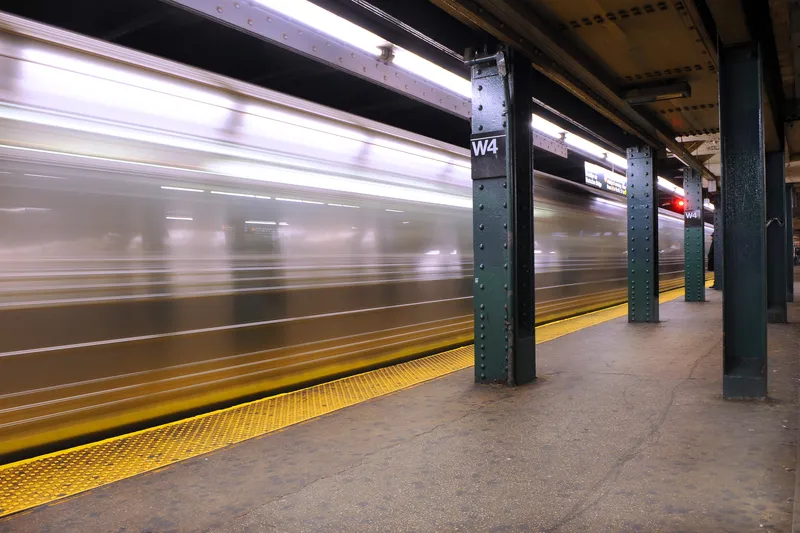ViaVan and public transport company Berliner Verkehrsbetriebe (BVG) have launched a last-mile service that connects people to railway stations in rural areas outside the German capital.
ViaVan says each vehicle operating under the ‘BerlKönig BC’ service will be able to carry up to 18 passengers to U-Bahn railway stations, which are traditionally underserved by fixed-route services.
Riders will be able to pre-book rides via the BerlKönig BC mobile app up to one month in advance, and the fleet includes whe
August 22, 2019
Read time: 1 min
ViaVan says each vehicle operating under the ‘BerlKönig BC’ service will be able to carry up to 18 passengers to U-Bahn railway stations, which are traditionally underserved by fixed-route services.
Riders will be able to pre-book rides via the BerlKönig BC mobile app up to one month in advance, and the fleet includes wheelchair-accessible vehicles.
The launch of BerlKönig BC is an extension of a similar service that the partners deployed in central Berlin in September 2018.










